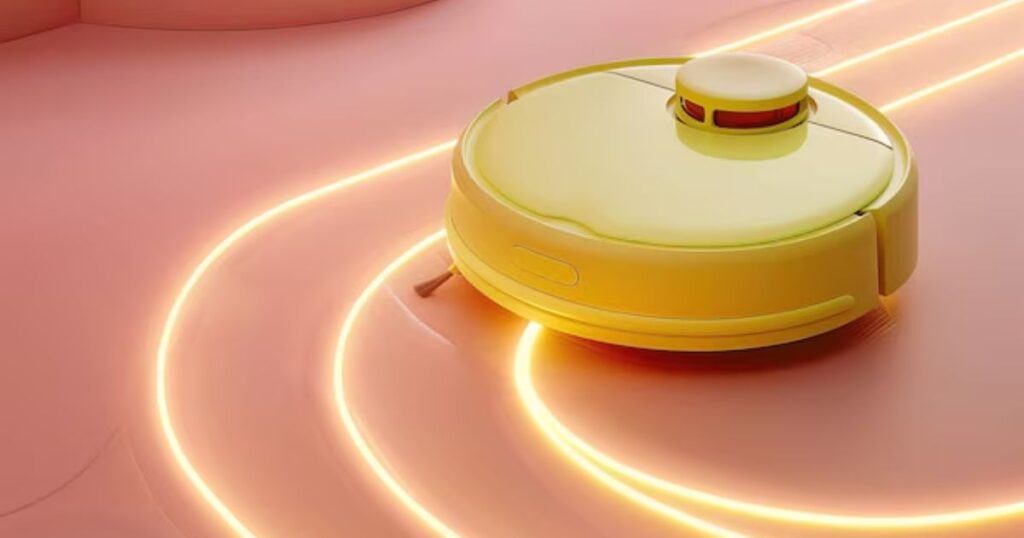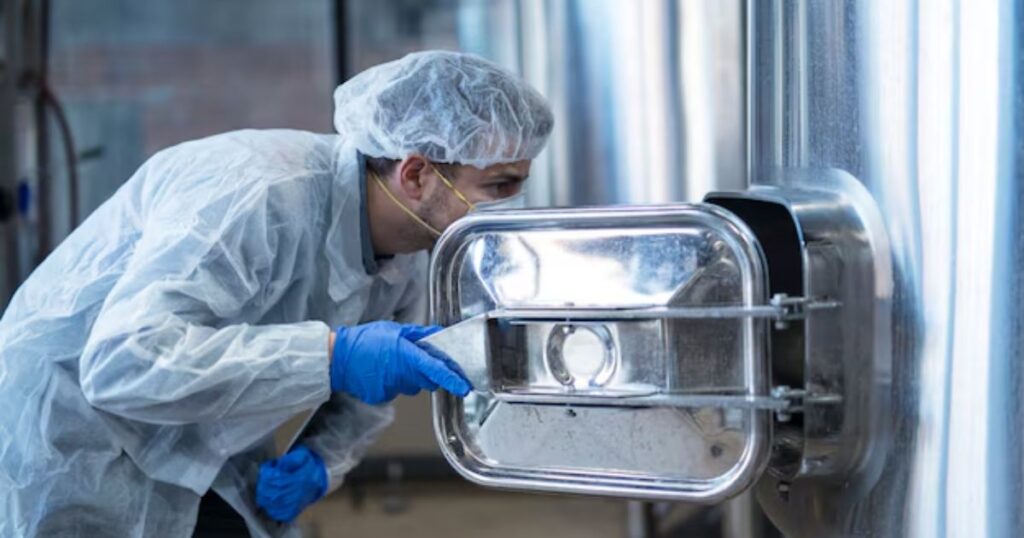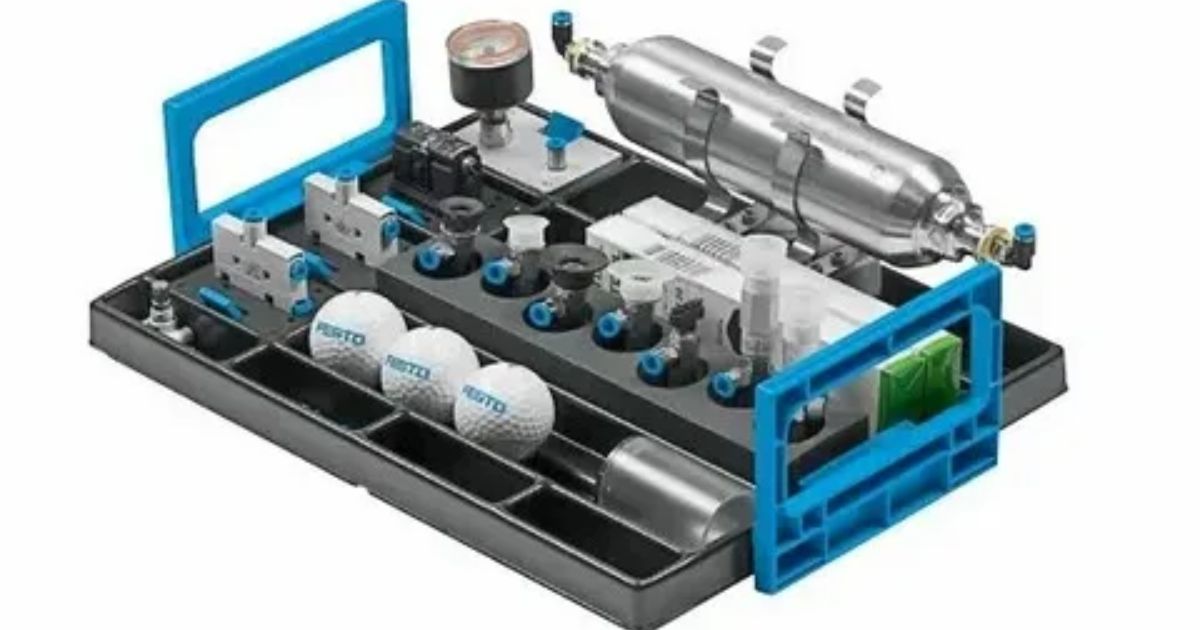The technology that maintains a vacuum environment remains connected mainly to extraterrestrial space while also serving many ground-based industries. Modern society relies heavily on vacuum technology because it shapes the development of the healthcare and electronics industries together with the manufacturing and food preservation sectors. The entire smartphone world along with life-saving medical equipment, operates through vacuum technology.
Vacuum technology serves to create semiconductors while making medical equipment sterile and improving food packaging preservation methods. Through its unseen power vacuum, technology enables technological progress to create the conveniences of modern life. Technology involving vacuum has immense value in improving innovation while enhancing industry efficiency along with delivering superior quality outputs, which demonstrates beyond doubt that vacuum surpasses simple emptiness.
Vacuum Technology in Electronics

Semiconductor manufacturing belongs to vacuum technology which forms the core of electronics industry operations. Vacuum chambers serve to both create integrated circuits and microchips as well as eliminate material impurities and protect against contamination.
Vacuum technology allows manufacturing facilities to create highly-performing computer processors that serve medical devices as well as phones and computers. By vacuum sealing manufacturers provide protection of delicate electronic components from oxidation alongside damage reduction. Modern electronic devices would lack their advanced features and durability as well as their efficiency because of the absence of vacuum technology.
Vacuum Technology in Healthcare

Modern medicine advances at a greater pace because of vacuum technology development. Vacuum systems help hospitals to achieve sterilized surgical tools and preserve sterile operating rooms. Vacuum pumps serve an important role in medical imaging devices such as MRI machines through their function of enabling high-quality diagnostic procedures.
Vacuum technology serves as an essential component in healthcare because it performs life-saving medical operations while protecting drugs from decomposition thus advancing both patient results and medical performance.
Vacuum Technology in Food Preservation

Human daily life employs vacuum technology most prominently through its application in food packaging for preservation purposes. The removal of air during vacuum-sealed packaging prevents bacterial growth and thus extends the storage time of food products.
Vacuum technology finds extensive application in preserving perishable products which include meat items dairy products and coffee. Storage of food with nutritional benefits requires vacuum freeze-drying methods for extended preservation durations. The effectiveness of food storage and transportation becomes limited because of reduced vacuum technology thus causing greater food spoilage.
Vacuum Technology in Manufacturing

The manufacturing sector employs vacuum technology to conduct metal coating as well as glass production and material drying operations. Vacuum chambers serve as indispensable tools for generating high-quality surface coats which cover eyeglasses together with solar panels and industrial tools.
The elimination of air during these processes produces precise outcomes with long-lasting durability together with environment-proof protection. Through vacuum technology industries minimize their waste generation while decreasing their energy usage thus achieving more sustainable and more efficient industrial production.
Vacuum Technology in Energy Production
Various facets of the energy industry leverage vacuum technology as an essential component for solar panel manufacturing together with nuclear fusion investigations. Solar cell efficiency receives improvement through vacuum deposition methods by applying protective coatings that boost light absorption rates.
Vacuum systems operate in nuclear energy facilities to regulate reactor operation environments. Vacuum insulation finds applications in sustainable building designs where it improves durability and heat retention. The applications show that vacuum technology supports effective energy solutions through clean operations.
Vacuum Technology in Automotive Industry
Modern vehicles require vacuum technology to operate key systems in their functionality. The braking performance gets an enhancement from vacuum pressure through brake boosters which delivers safer driving conditions. The fuel injection processes performed by automotive manufacturers depend on vacuum systems because they enhance engine performance and minimize environmental emissions.
The vacuum technology applied to car air conditioning systems functions to extract water molecules and pollutants from within the air conditioning system. The transportation industry relies heavily on vacuum technology because these systems boost safety performance standards and fuel efficiency and vehicle operational output.
FAQ’s
Vacuum technology extends the preserving capabilities of food by removing air from containers?
By vacuum-sealing packages manufacturers eliminate air molecules which defend food from harmful bacteria while maintaining its shelf stability.
The electronics industry relies strongly on vacuum technology for what reasons?
The technology creates clean manufacturing conditions which enable semiconductor industries to manufacture superior microchips.
Medical practitioners employ vacuum technology through various applications in their field?
Vacuum technology serves three critical healthcare functions for medical equipment sterilization while providing care to MRI machines and protecting pharmaceutical products.
Conclusion
Modern society relies on vacuum technology as an essential component since it affects everything starting with food preservation and concluding with space exploration. The world’s industries rely on vacuum technology which operates silently to achieve improved performance and drive progress throughout various sectors.
The ongoing progress of society depends on vacuum technology because it enables the operation of electronic devices while improving healthcare systems and encouraging energy sustainability. The ongoing development of technology will continue to rely on vacuum-based solutions for advancing the future of science alongside engineering and everyday life needs.











